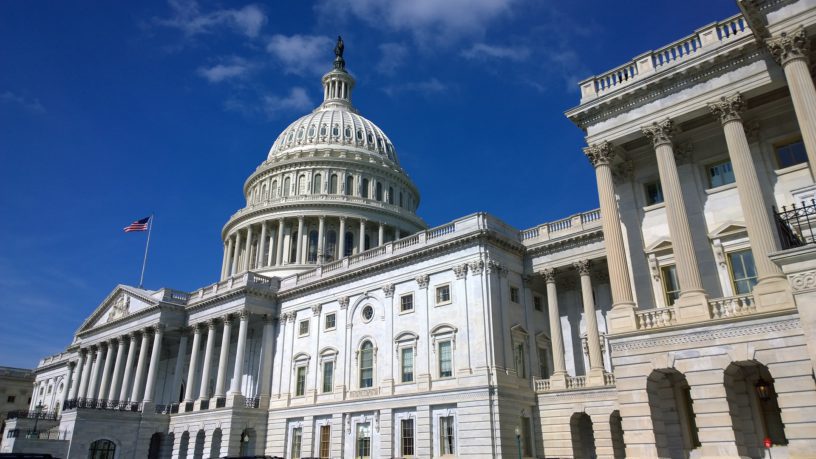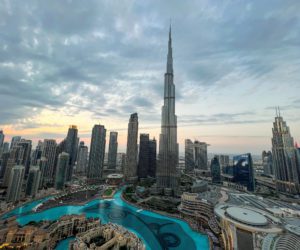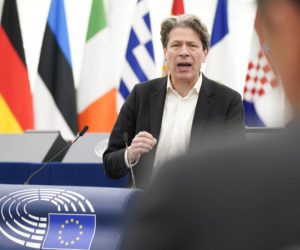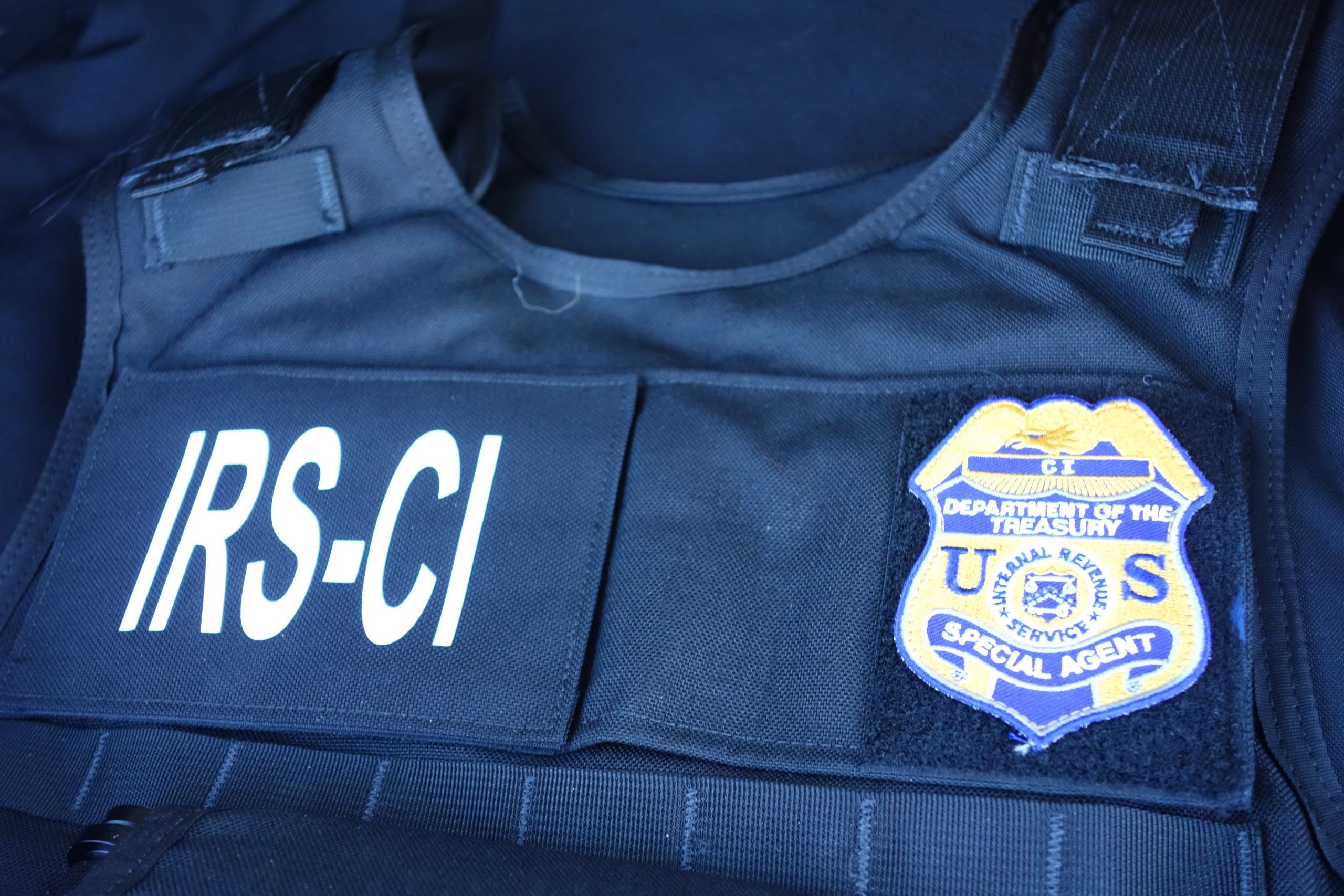By Elizabeth Hearst
A US Senate report published on Wednesday has alleged that powerful Russian oligarchs have been evading sanctions by funneling money into the US art industry.
Following a two-year investigation, this bi-partisan report details a trail of over $18 Million in high value art purchases from US auction houses and private sellers to two Russian oligarchs with ties to Russian President Vladamir Putin.
The report commissioned by Senator Rob Portman and Tom Carper as chair and vice chair of the Permanent Subcommittee on Investigations linked transactions between exclusive art houses to three shell companies related to previously sanctioned Russian oligarchs – Arkady and Boris Rotenberg.
In March 2014, the pair’s US assets were frozen and sanctions were imposed as a result of Russia’s annexation of Crimea. Arkady was then earmarked to direct the construction of a bridge connecting Russia and the disputed territory. The Russian billionaires made their fortune through contracts they obtained related to the Sochi Olympics.
With art sales estimated to be worth nearly $64 Billion annually, with 44% of total art sales based in the US, the art world is a prime target for wealthy individuals to invest heavily in.
The report states that the sector is associated with “secrecy, anonymity, and a lack of regulation” that can “create an environment ripe for laundering money and evading sanctions”.
The Russian pair allegedly got creative under sanctions and began funnelling money through shell companies to invest in exclusive artwork.
The Senate criticised the opportunity presented to the pair and said: “if wealthy Russian oligarchs can purchase millions in art for personal investment or enjoyment while under sanction, it follows that their businesses or hidden resources could also continue accessing the US financial system”.
The report concludes that its investigation reviewed more than one million documents, conducted interviews with over 20 individuals and received information from the United States’ four main auction houses.
Although auction houses are not subject to the Bank Secrecy Act, both Sothebys and Christie’s have anti-money laundering policies in operation. However the Senate concluded that these safeguards were “lax” and “easy to circumvent”.
In a statement to CNN Business, Christie’s said it had a “zero tolerance policy” in relation to money laundering and welcomed the Senate’s investigation. The art-house also said it was looking forward to working with US lawmakers on “appropriate and enforceable” anti-money laundering guidelines for the art trade.
Similarly, Sotheby’s stated that the art broker said it “takes anti-money laundering and United States sanctions policies extremely seriously”, and added that it had “voluntarily participated in the Senate Subcommittees investigation”.
The report states that the Rotenbergs are accused of using three shell companies – Highland Business Group Limited, Highland Ventures Group Limited and Advantage Alliance in order to purchase art following their sanctions. The report alleges that the pair “attempted to conceal their participation in the US art market by hiding behind a Moscow-based art advisor and dealer, Gregory Baltser”.
The committee suspects that Baltser used a shell company called Steamort Limited to purchase art on behalf of the Rotenbergs, with investigators tracing purchases of at least 16 paintings including René Magritte’s “La poitrine” bought for $7.5 Million in 2014, back to Rotenberg-associated shell companies.
Baltser strenuously denies the allegations, with his attorney stating that neither he or his agency BALTZER “had ever, at any time, represented or transacted in any way with Boris or Arkady Rotenberg. Baltser strongly denies any suggestion to the contrary”, as reported by Politco.
His legal counsel said that they are “deeply disappointed” that the subcommittee had chosen to “make unfair allegations on the basis of information from unconfirmed sources”, and specified that the subcommittee’s report “relied on unverified and unverifiable hearsey in disagreeing with OFAC”, owing to the fact that Highland companies had not been sanctioned by the OFAC (Office of Foreign Assets Control).
The impact of this report will potentially send shockwaves through one of the most exclusive and private global sectors, with the report concluding that despite the “intrinsic secrecy of the art industry… change is needed in this multi-billion dollar industry”.








